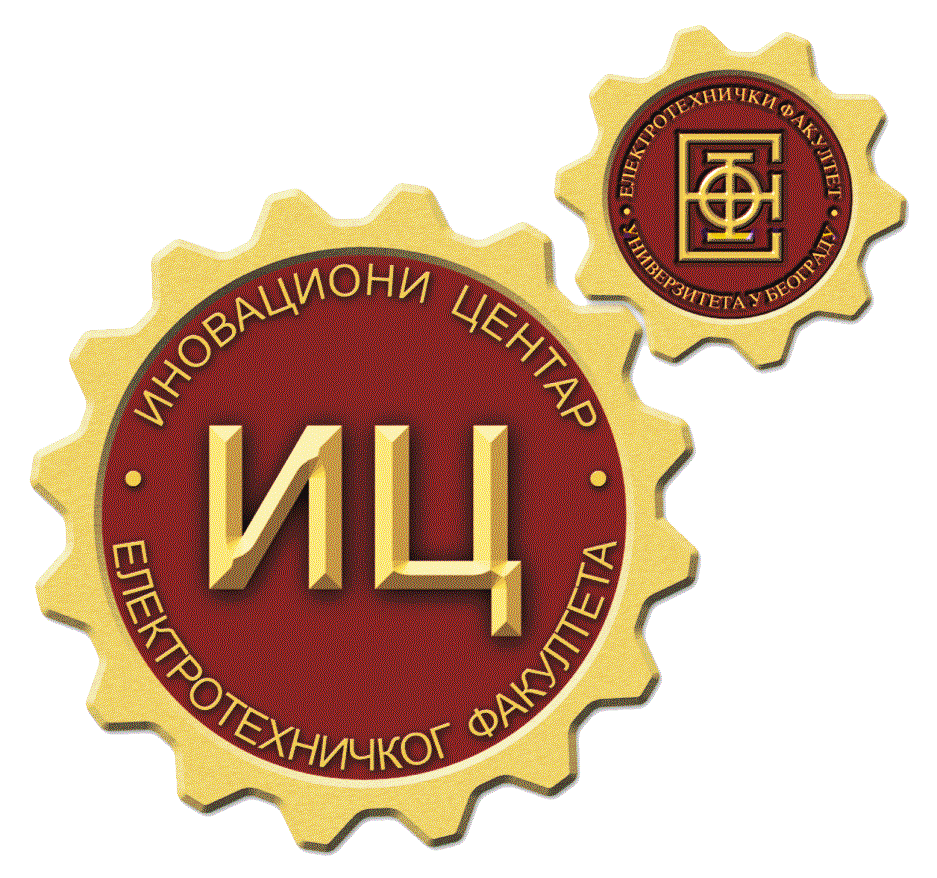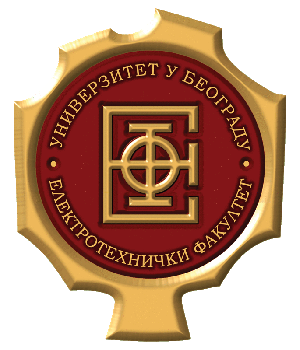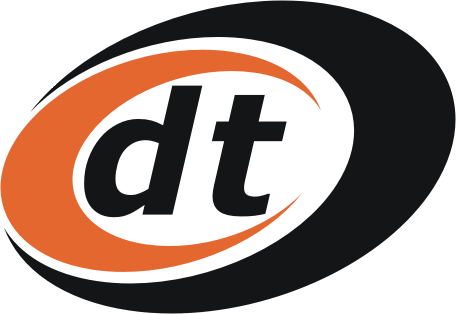NEUREL 2016 FINAL PROGRAM
Invited lecture 1
Artificial vs. Natural Neural Networks
Lecturers: Dan L. Lacrama, Loredana Ileana Viscu, Cornelia Victoria Anghel Drugarin
Abstract
This presentation debates over the similarities and differences between artificial neural networks (ANN) versus natural ones. The animal brain’s substructures were the initial models for the synthetic neural nets, but during last decades neuropsychologists also learn an important knowledge from the ANN. Currently, engineers perform research to diversify network architectures and to develop new and more efficient learning strategies while medical doctors try to better understand the way human brain process information. The authors present also some thoughts about the perspectives for the ANN development linked to the growing demand for artificial intelligence in many human fields of activity.
Biosketch
Laurentiu Dan Lacrama is an Associate Professor in Computer Science Department at „Tibiscus” University of Timisoara. He has the Ph.D. in Image Processing at „Politehnica” University of Timisoara. His activity is focused on Image Processing and Object Oriented Programming. He is an author or co-author of more than 10 books and around 70 papers in ISI and BDI proceedings. He was visiting professor in several universities in United Kingdom, Germany and France.
Loredana-Ileana Viscu is the Professor at the Tibiscus University from Timisoara, psychotherapist, the Director of the Center of Qualitative Research in Counseling and Psychotherapy of Tibiscus University, and also scientific secretary of the Research Association in Integrative Counseling and Psychotherapy. She published more than 10 books in the psychology, psychotherapy and educational domains. Also she published more than 50 papers in journals indexed BDI, ISI Thompson and other journals.
Cornelia Victoria Anghel Drugarin is a Lecturer on Electrical and Informatics Engineering Department, Engineering and Management Faculty "Eftimie Murgu" of Resita University. She has the Ph.D. Eng in Automatic Control at „Politehnica” University of Timisoara. Her activity is focused on Artificial Intelligence and Object Oriented Programming. She is author or co-author of more than 20 books and around 200 papers in ISI and BDI proceedings. She was visiting professor in several universities in Serbia and Greece.
Invited lecture 2
Multi-Agent Reinforcement Learning
Lecturer: Milos Stankovic
Innovation Center, School of Electrical Engineering, University of Belgrade, Serbia
Abstract
Reinforcement learning deals with the problem of how to map situations (states) to actions so as to maximize a numerical reward while interacting with dynamical and uncertain environment. Within the framework of Markov Decision Processes (MDPs) these methods are typically based on approximate dynamic programming using appropriate calculation/approximation of the value function. In this work we propose new algorithms for multi-agent distributed iterative value function approximation where the agents are allowed to have different behavior policies while evaluating the response to a single target policy. The algorithms assume linear parametrization of the value function and are based on consensus-based distributed stochastic approximation. Under appropriate assumptions on the time-varying network topology and the overall state-visiting distributions of the agents we prove weak convergence of the parameter estimates to the globally optimal point. It is demonstrated that the agents are able to together reach this solution even when the individual agents cannot.
Biosketch
Milos Stankovic received his Dipl. Ing. (MSc) degree from the School of Electrical Engineering (ETF) at the University of Belgrade, Serbia, in 2002. He received his Ph.D. degree in Systems and Entrepreneurial Engineering from the University of Illinois at Urbana-Champaign (UIUC), USA in 2009. He was a Research and Teaching Assistant in the Control and Decision Group of the Coordinated Science Laboratory at the UIUC (2006-2009). From 2009 to 2012 he was a Postdoctoral Researcher in the Automatic Control Laboratory and the ACCESS Linnaeus Centre, KTH Royal Institute of Technology, Stockholm, Sweden. In 2012 he joined the Innovation Center, School of Electrical Engineering, University of Belgrade, Serbia, as an EU FP7 Marie Curie Research Fellow. His research interests include decentralized decision making, networked control systems, dynamic game theory, optimization, and machine learning.
Invited lecture 3
Sequential estimation and diffusion of information over networks
Lecturer: Petar M. Djurić
Department of Electrical and Computer Engineering
Stony Brook University
Stony Brook, NY 11794
Abstract
Collaborative estimation of parameters of stochastic models in networks from observations made by individual nodes is a core topic in the field of signal and information processing over networks. In this talk, we formulate the problem of collaborative sequential estimation of unknown parameters where information in the network diffuses with time. The formulation is abstract and independent from any particular model. Our objective is to reach a generic solution that is applicable to a wide class of popular models. We adopt the Bayesian and information-theoretic paradigms so that we have at our disposal probabilistically consistent means for incorporation of the observations in the implemented estimation and for effective combination of the gained “knowledge” by the nodes in the network. The presented theory will be demonstrated by examples. They include linear regression, Kalman filtering, logistic regression, and inference of an inhomogeneous Poisson process.
Biosketch
Petar M. Djurić received the B.S. and M.S. degrees in electrical engineering from the University of Belgrade, Belgrade, respectively, and the Ph.D. degree in electrical engineering from the University of Rhode Island, Kingston, RI. He is currently a Professor and Chair of the Department of Electrical and Computer Engineering, Stony Brook University, Stony Brook, NY. His research has been in the area of signal and information processing with primary interests in the theory of signal modeling, detection, and estimation; Monte Carlo-based methods; signal and information processing over networks; machine learning, RFID and the IoT. He has been invited to lecture at many universities in the United States and overseas. Djurić was a recipient of the IEEE Signal Processing Magazine Best Paper Award in 2007 and the EURASIP Technical Achievement Award in 2012. In 2008, he was the Chair of Excellence of Universidad Carlos III de Madrid-Banco de Santander. From 2008 to 2009, he was a Distinguished Lecturer of the IEEE Signal Processing Society. He has been on numerous committees of the IEEE Signal Processing Society and of many professional conferences and workshops. He is the Editor-in-Chief of the IEEE Transactions on Signal and Information Processing over Networks and a Fellow of IEEE and EURASIP.
Invited lecture 4
New trends in imaging and video traffic modeling
Lecturers: Irini Reljin, Ana Gavrovska
Abstract
Continued advances in imaging technologies are expected to additionally boost video industry. One of the main driving forces for such evolution is highly correlated with human visual perception. This is proven by the high-end imaging systems and new standards. The deployment of Ultra High-Definition (UHD) television and video does not offer just higher resolution, but comes along with other trends in imaging reflecting in color and contrast enhancement. A new stage in the development of multimedia technologies benefits from Wider Color Gamut (WCG) and Higher Dynamic Range (HDR). This faces many new challenges and has the attention from the consumers and manufacturers. The high quality in imaging enables experiencing the details in a way that was not possible before. This is of interest to a wide range of image related fields, like digital forensics, medical diagnostics, education, film, and gaming. High quality detailed images should be distributed and reproduced adequately avoiding the artifacts. Available popular standards are dealing with the new trends by making the compatible solutions and by providing suitable extensions (JPEG-XT). While expecting next-generation broadcasting Super Hi-Vision standard, the High Efficiency Coding (HEVC/H.265) needs to deal with the expected growth of 4k video traffic, as well as other technologies. Understanding the significant enhancement of the visual experience (Quality of Experience - QoE) leads to new metrics for both subjective and objective quality evaluation and modeling. The purpose of this talk is to present some of the extensions of cutting-edge image and video related standards affecting the development of realistic consumer experience-based services.
Biosketch
Irini Reljin received the B.Sc., M.Sc. and the Ph.D. degrees from the University of Belgrade, Belgrade, Serbia, all at the School of Electrical Engineering, major Telecommunications, where she is a full professor now. She is a Senior Member of the IEEE, member of the SMPTE (Society of Motion Pictures and Television Engineers), BSUAE (Trans Black Sea Union of Applied Electromagnetism), and member of national telecommunications societies. Her main interest is in the field of telecommunications and signal/image/video processing, including the use of fractal geometry and multifractal analysis. She has authored several textbooks and book chapters, more than 300 papers with high citation rate in the respectable journals, books and patents, and she held a number of invited lectures in the fields of digital signal processing, digital video broadcasting, nonlinear analysis, spectrum planning etc., at several universities and international conferences.
Ana Gavrovska received her M.Sc. (dipl.ing) degree in electrical engineering from the Faculty (School) of Electrical Engineering, University of Belgrade. She received her PhD in electrical engineering and computer science at the Department of Telecommunications and information technologies. Currently, she is a teaching assistant at School of Electrical Engineering, University of Belgrade. She is also a Vice-Chair of IEEE CAS/SP Chapter of Serbia and Montenegro. So far she has published one textbook and more than 70 publications: in domestic and international journals, in domestic and international conference proceedings. She has been awarded several times for her research. Her research interests include linear and nonlinear methods for signal/image processing, multimedia, television and telemedicine systems, video technologies, and telecommunications.





